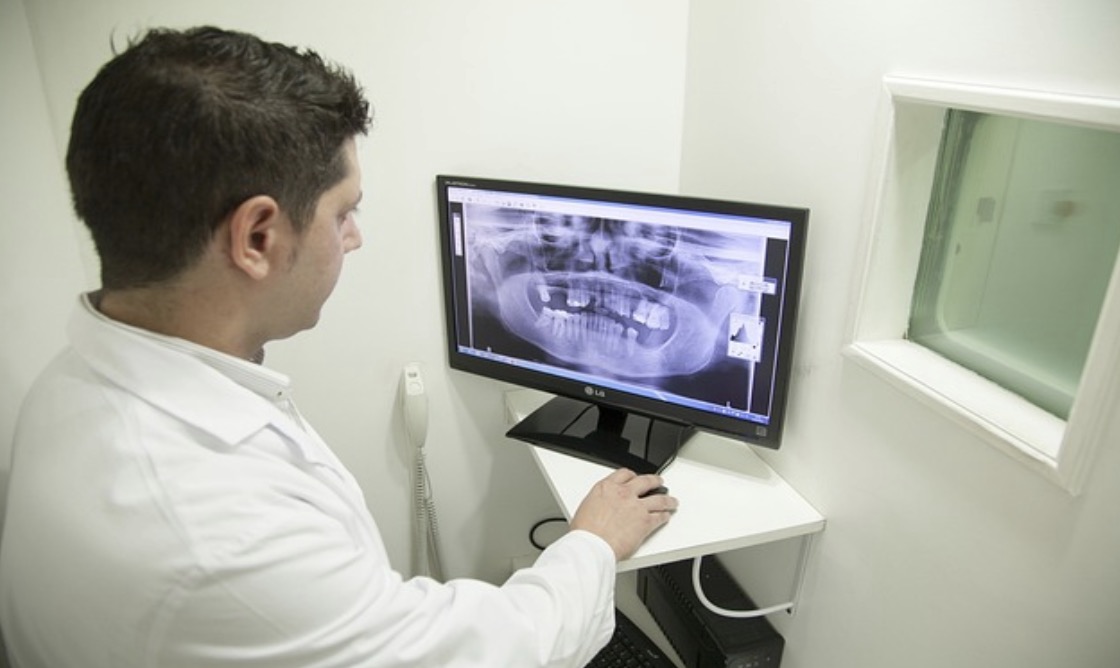Being a nurse is an incredibly rewarding yet often challenging role. You are constantly juggling multiple demands and need to adapt quickly to provide the best quality of care for your patients. Whether you’re brand new to nursing or have many years of experience behind you, there is always something more that could be done to improve your skills as a nurse. In this blog post, we’ll discuss various ways nurses can hone their craft and become even better at what they do.
Reader's Roadmap
1. Seek Out Continuing Education Opportunities
Just as with any profession, staying on top of the latest developments and trends in nursing is essential. Continuing education courses are a great way to build your knowledge base and keep up with changes within the industry. If you’re looking for more ways to expand your skill set, consider taking advantage of online or offline courses that provide the necessary training to continue your career.
The nursing profession constantly evolves, and keeping up with the latest techniques can help you stay ahead of the curve. You can find courses focusing on specific areas, such as wound care or suturing. In that case, you can invest in a suturing kit to practice your suturing skills in real time. There are also courses or continuing education opportunities that focus more broadly on the nursing profession as a whole, which could be a great way for you to get a comprehensive view of the latest practices and developments within the field.
When you’re preparing presentations or materials for these courses, don’t forget to explore Google Slides free templates to make your educational content more engaging and visually appealing, enhancing your ability to communicate complex nursing concepts effectively.
2. Leverage Technology To Streamline Your Workflow
Technology is invaluable for healthcare professionals, enabling faster, smarter, and more efficient work. Leveraging the right tools streamlines workflows for quicker and more accurate task completion. Voice-enabled medical devices automate charting, cloud-based EHR systems facilitate patient information retrieval, and wearables remotely monitor patients. These examples demonstrate how technology supports nurses in effectively performing their jobs.
Access to technology can help you stay updated on medical news and research. Healthcare systems are regularly updated with new information that benefits nurses in their daily workflow and understanding of patient care. Staying informed on new technologies is crucial to staying on top of important developments in the field.
3. Learn About Different Medications and Treatments Available
As a nurse, it’s crucial to have a good understanding of the available medications and treatments. This includes understanding what each one does and how it should be administered. Keeping current with new medications or treatments allows you to provide your patients with the best care.

By staying informed on the latest treatments and medications, you can also be better prepared for any changes or updates. Additionally, it’s essential to understand how different medications interact with one another to prevent potentially serious side effects.
4. Stay Current With New Regulations
In addition to understanding the best practices in nursing, staying informed on new regulations and policies is crucial. Healthcare systems are constantly changing, and nurses need to be aware of the most recent laws or rules that could affect how they do their jobs. Staying current with regulations can help you ensure that your practice remains compliant and that you provide the best possible care to your patients.
5. Practice Good Time Management Skills
Effective time management skills play a crucial role in delivering quality patient care. With the fast-paced nature of medical environments, healthcare professionals must prioritize their tasks and balance their schedules to accomplish everything they need to do in a day. By practicing good time management skills, professionals can minimize distractions, maximize their time, and avoid feeling overwhelmed.
This will enable them to provide efficient and effective care to their patients. Good time management skills can also improve work-life balance and reduce stress, allowing healthcare professionals to maintain focus and perform at their best. Ultimately, prioritizing time management catalyzes optimal patient outcomes and professional success in healthcare.
6. Take Advantage of Mentorship and Networking Opportunities
One of the best ways for nurses to improve their skills is to utilize mentorship or networking opportunities. Connecting with more experienced professionals in the field can provide valuable insights into the industry and advice on handling certain circumstances. Building relationships with those who have been in the profession for a while can also offer guidance and support on a more personal level.
These connections can lead to new opportunities, such as job leads or career advancement. Additionally, networking with other healthcare professionals is a great way to stay up-to-date on the latest developments in the industry. By taking advantage of these networking opportunities, nurses can gain knowledge and valuable experience to help them succeed.
Nursing is a noble profession that requires dedication and continuous learning. Investing in your skills can make you a better nurse and provide exceptional care. Engaging in continuing education and leveraging technology can help nurses improve and stay up-to-date. This ensures you remain valuable and provide the best care possible.







Leave a Reply
View Comments